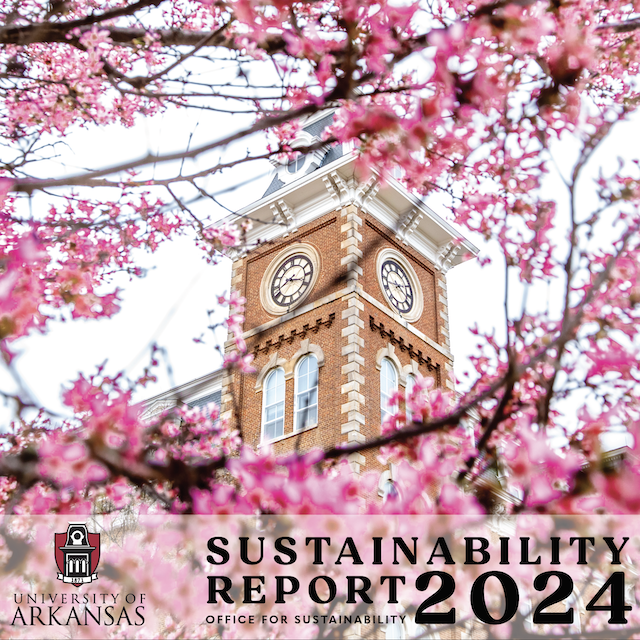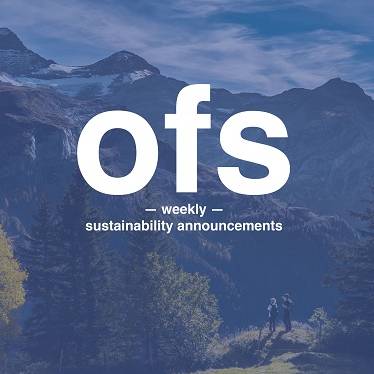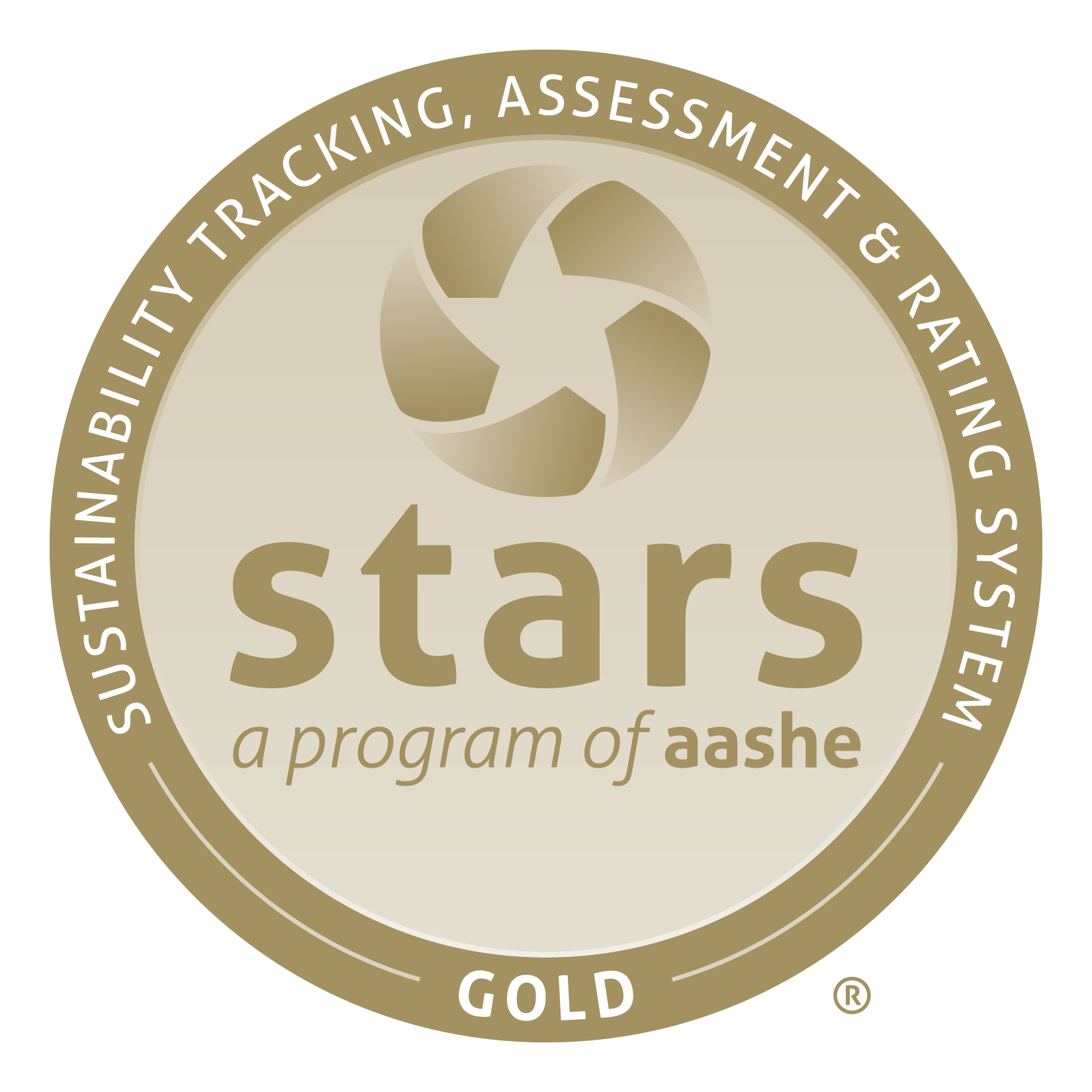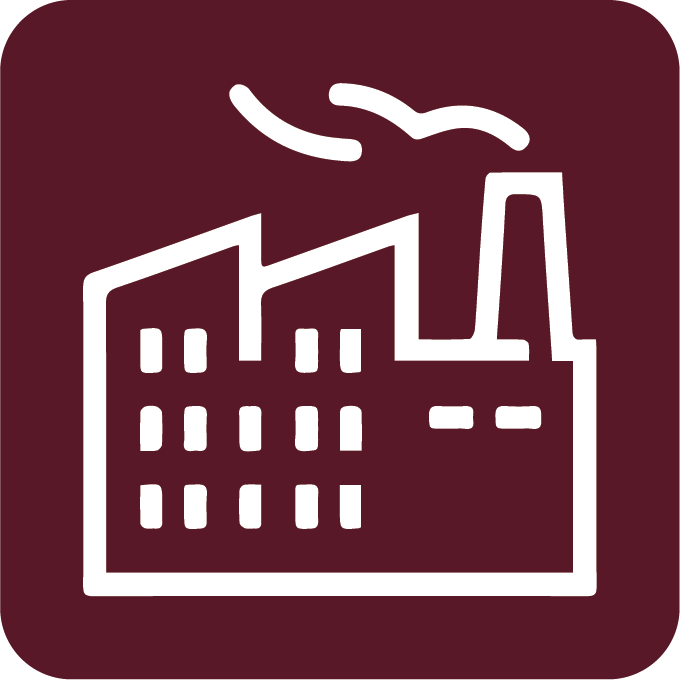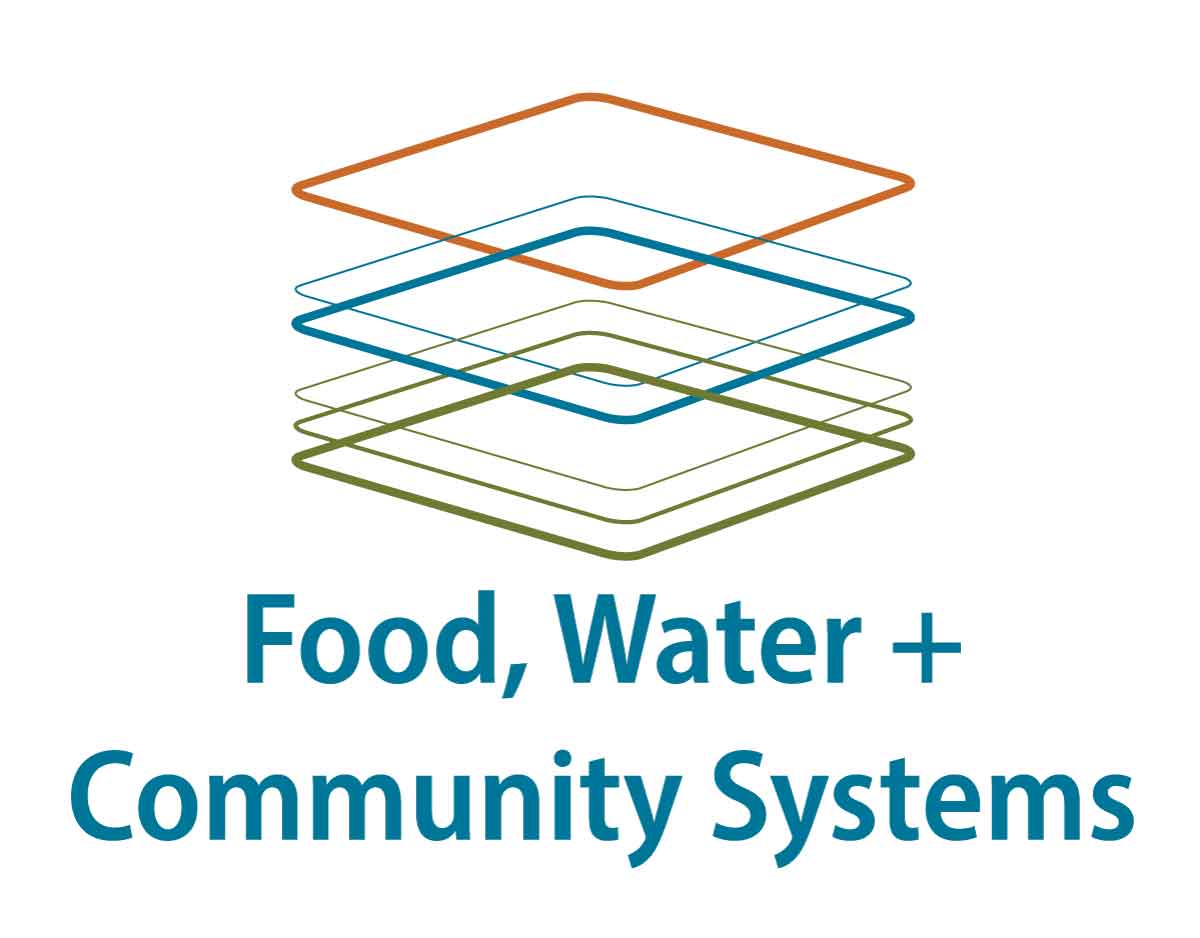Sustainability
su·stain·a·bi·li·ty | /səˌstānəˈbilədē/
noun
meeting the needs of the present without compromising the ability of future generations to meet their own needs
Learn + Connect
AASHE Stars Gold
The Association for the Advancement for Sustainability in Higher Education’s (AASHE) Sustainability Tracking and Rating System (STARS) is a point based sustainability self-assessment. The reporting system tracks four overarching categories: Education and Research; Operations, Planning, Administration and Engagement; and Innovation.
STARS is a transparent, self-reporting framework for colleges and universities to measure their sustainability performance. STARS® was developed by AASHE with broad participation from the higher education community. The University of Arkansas was first awarded STARS Gold in 2017 and was awarded Gold again in 2021!
Visit our publicly displayed STARS rating.
Our Goals
UA Resiliency Center
UARC is an interdisciplinary research and graduate studies program, hosted by the Fay Jones School of Architecture and Design, in partnership with the College of Engineering and the Walton College of Business. resiliency.uark.edu
Mission: inspiring current generations to explore the intersections of economic, social, and environmental systems; to integrate this understanding into knowledge and technological innovation through interdisciplinary research; and to transform the global systems upon which our prosperity depends to make them more resilient and sustainable.

